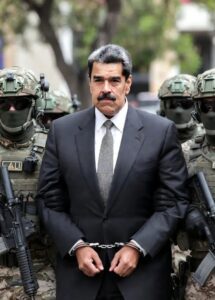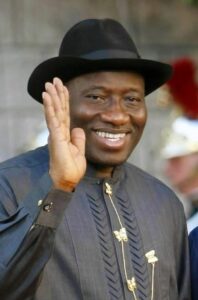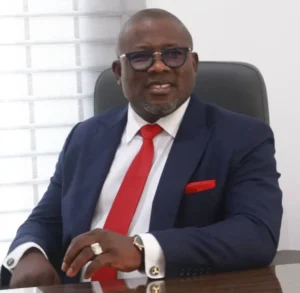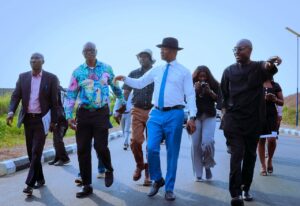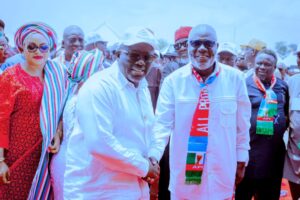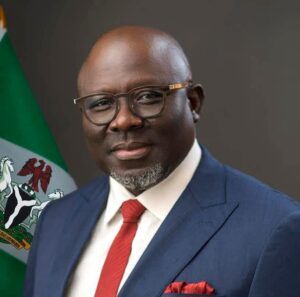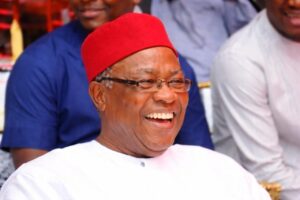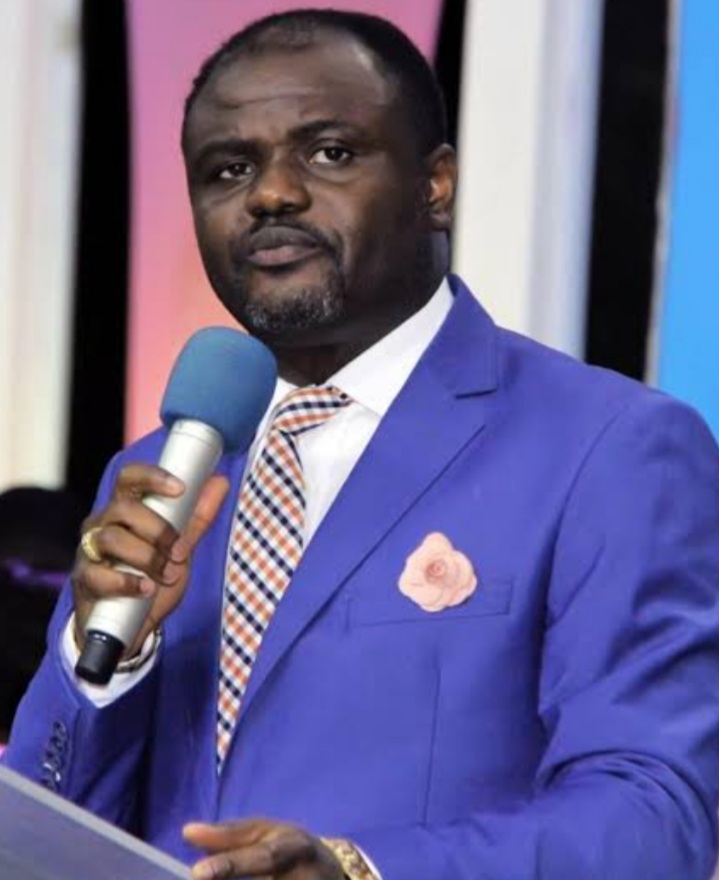
Dr Abel Damina
By Emmanuel Keshi
From church historical antecedence, anytime the church is faced with an upsurge of controversial teachings by one of her own, a council is usually constituted to hear from the propagator of such teachings in order to underscore its validity or disapprove of it outrightly.
[the_ad id=”16918″]
The first Council of Nicaea, (325AD), was the first ecumenical council of the Christian church, which met at ancient Nicaea (now Turkey). It was called by the emperor Constantine I, to solve the problem created in the Eastern church by Arianism, a heresy first proposed by Arius of Alexandria that affirmed that Christ is not divine but a created being. The council condemned Arius and incorporated the word “homoousios” (of one substance) into a creed to signify the absolute equality of the Son with the Father.
The Council of Constantinople was called in May, 381AD, by Emperor Theodosius, to provide for a Catholic succession in the patriarchal See of Constantinople, to confirm the Nicene Faith, to reconcile the semi-Arians with the Church, and to put an end to the Macedonian heresy.
The Third Ecumenical Council, held at Ephesus in Asia Minor in 431AD. was called following the difficulties provoked by the preaching of Nestorius against the title “theotokos” traditionally applied to the Virgin Mary.
[the_ad id=”16914″]
The Council of Chalcedon was the fourth ecumenical council of the Christian Church which held in 451AD. The council convened in the city of Chalcedon, Bithynia (modern-day Istanbul, Turkey). The council was attended by over 520 bishops or their representatives, making it the largest and best-documented. The principal purpose of the council was to re-assert the teachings of the ecumenical Council of Ephesus against the teachings of Eutyches and Nestorius whose doctrines viewed Christ’s divine and human natures as separate (Nestorianism).
Why should Dr Abel Damina’s teachings be examined? This is because they are highly controversial. Some of his controversial teachings includes the following: that God does not live in heaven, that the Bible is not the word of God, that tithing is not biblical, that the fire Elijah called down from heaven was not from God, that it wasn’t God who destroyed Sodom and Gomorrah, that sin cannot take a person to hell, just to mention but a few. All such teachings calls for grave concern from our christian leaders.
Since Dr. Abel Damina is a member of PFN and CAN, it behoves on such christian bodies to imitate the premodial Church Councils of old by convening an Ecumenical Council of the Christian Church in Nigeria inviting Dr. Damina to present his doctrinal stand where renowned scholars in Old and New Testament would examine his teachings and take a binding decision either to uphold it or denounce it.
[the_ad id=”16917″]
COGENT REASONS FOR SUCH A MEETING
1. What is the essence of PFN and CAN as key christian bodies in Nigeria in the light of the obvious erosion and destruction of core christian beliefs and doctrines? It is at times like this PFN and CAN should assert their authority
2. Adherents of other faiths may consider christians in Nigeria to be disunited in their doctrinal stand which may impact negatively on the propagation of the gospel
3. Young minds are being brainwashed into questioning core christian values and beliefs formulated by great church fathers and held for centuries as true doctrines
4. True doctrines should be upheld and heresies called what it is so that the Christian populace in Nigeria would know the stand of the Christian body in general and abide by it
5. The functions of PFN and CAN is not restricted to political interventions and only fighting for the the rights of christians to exist but should also involves fighting for the core beliefs and values of Christianity without which Christianity would lose her identity and prominence
6. Dr. Abel Damina as a member of CAN and PFN should be accountable to such bodies and should be summoned to present his teachings for open examination and transparent scrutinization
7. Evil they say thrives when good men keep quiet or decide to turn a blind eye. PFN and CAN should not keep mute or turn a blind eye in the face of the desecration of Christian beliefs and doctrines
[the_ad id=”16920″]
8. The rate at which controversial doctrinal teachings spreads via social media handles should inform the swiftness with which christian leaders address such teachings to clear the air
9. Controversial doctrinal teachings are the fertile soil on which heresies thrives and bear poisonous fruits, the earlier such is nipped in the bud the better for Christianity
10. Through the invention of the internet, the world has become a global village. Whatever has become a threat to the purity of christian doctrines in Nigeria is evident to christian leaders all over the world. Such christian leaders would be expecting christian bodies in Nigeria to take their stand on such issues, hence, CAN and PFN should avoid sitting on the fence regarding matters of this sort and take the bull by the horn.
Shallom!
© Emmanuel Keshi 260124

